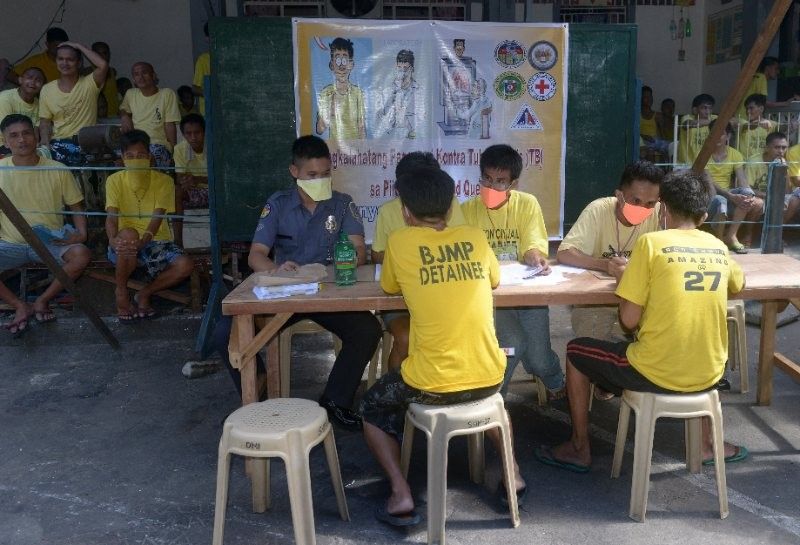DOH: Shorter tuberculosis treatment seen to improve patient compliance

MANILA, Philippines — The Department of Health said Monday it will implement a shorter treatment regimen for tuberculosis, which is seen to improve patient adherence to treatment.
Health Secretary Ted Herbosa said the agency wants to implement a four-month treatment regimen by the third quarter of 2023. Tuberculosis treatment takes at least six months.
“The World Health Organization recommended adopting a four-month treatment regimen, which is two months of certain drugs and another two months of a different set of drugs. This is for regular drug-susceptible tuberculosis,” Herbosa said in a briefing.
A review of evidence by the WHO in 2021 showed similar performance of a shorter drug-susceptible tuberculosis regimen compared to the current standard regimen, both in terms of efficacy and safety.
Herbosa also said that a six-month treatment regimen is recommended for drug-resistant tuberculosis.
Kezia Lorraine Rosario, DOH’s action officer for the presidential directives on tuberculosis, said will improve medication adherence.
“This new guideline that will be coming out from DOH will really ensure that patients who are undergoing treatment courses will have shorter spans of intake. Therefore, falling out of the treatment course will be lessened,” she said.
Enhanced case detection
Herbosa earlier said he received instructions from President Ferdinand Marcos Jr. to focus on addressing tuberculosis and HIV.
According to the 2022 Global TB report, the Philippines is one of the eight countries that account for two-thirds of the estimated tuberculosis cases globally. It is also one of the nations that contribute to the most of the estimated increase in tuberculosis deaths.
The Philippines also ranked third among the top contributing countries to the global drop in TB case notifications in 2021 due to COVID-19 restrictions. In 2021, the country reported an incidence rate of 650 cases per 100,000 people.
The health department called on local government units to prioritize active case finding in urban and rural poor communities, jails, residential facilities for the elderly and health facilities, and among miners, construction workers, public transport drivers and factory workers.
“What is really game changing now is to ensure we have better case finding and would include really strong mobilization of communities and participation of community leaders and officials in LGUs,” Rosario said.
LGUs should also strengthen treatment and testing capacities and compliance with standards of diagnostic clinics, provide sufficient budgetary and workforce complement for the implementation of the program, and intensify advocacy campaigns.
The DOH said it will augment human resources for health such as pulmonologists in provincial hospitals identified with high incidence of tuberculosis, and will use technologies such as artificial intelligence in detecting and monitoring TB cases. — Gaea Katreena Cabico
- Latest
- Trending
































